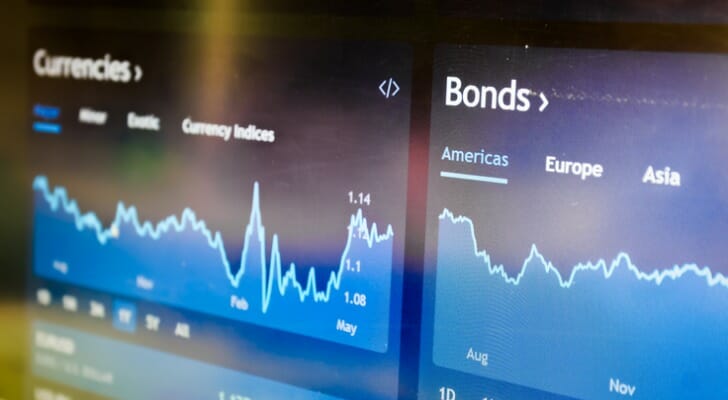A quant hedge fund is a pooled investment vehicle that uses quantitative analysis to select securities. This means that the fund relies on research and mathematical and statistical modeling to predict how an investment will perform. While investing in hedge funds is reserved only for accredited investors, anyone can work with a financial advisor to build an investment portfolio and meet their money goals.
Understanding Hedge Funds
Before diving into how quant funds work, it’s important to have a general understanding of hedge funds and what sets them apart from other investment vehicles. A hedge fund pools money from high net worth investors and uses a variety of speculative investment strategies, including short selling and leverage, to generate significant returns.
Hedge funds typically invest in a wide array of assets, from equities and real estate to currencies and commodities.
While they are both pooled investment vehicles, hedge funds differ from mutual funds in several notable ways. First, hedge funds are only available to accredited investors — individuals who have earned income exceeding $200,000 in each of the last two calendar years or have a net worth of at least $1 million (not including their primary residence).
Hedge funds are also not subject to many of the same government regulations that protect those who invest in mutual funds. And while hedge funds often seek higher returns through speculative strategies, they also charge hefty performance-based fees on top of management fees.
How Does a Quant Hedge Fund Work?

Traditional hedge funds, often referred to as “fundamental hedge funds,” base their investment strategies on fundamental research and human intuition. A quant fund, on the other hand, removes the human element and relies entirely on mathematical and statistical modeling.
A fun comparison can be drawn by examining the proliferation of sabermetrics and analytics in baseball. While teams had always evaluated players based on traditional statistics and the subjective analysis of coaches and scouts, the advent of fast, automated computer-based analytics has ushered in a new wave of advanced metrics that teams use to make decisions in a more objective, data-driven manner.
While it’s not a perfect apples-to-apples comparison, a quant hedge fund is a little like a baseball team that relies solely on analytics. Portfolio managers typically have mathematics or computer science backgrounds. Investment decisions are often dictated by algorithms and patterns in historical data. Quantitative analysts may examine the same data as their counterparts at other funds, but they’ll use it in a systematic, automated way that does not include human judgement.
Quant Hedge Fund Performance

So what’s the better investment, a fundamental hedge fund or one that uses quantitative analysis? Well, it depends. Quant funds appear to have struggled through the late 2010s and again between 2015 and 2020, following a string of strong performances in the early 2010s, according to Institutional Investor. It’s important to note, however, these rough patches came after several years that saw double-digit gains.
Data from PivotalPath, the hedge fund research firm, shows that its Equity Quant Index posted 5.10% returns in the three years leading up to February 2023. PivotalPath’s Hedge Fund Composite Index, however, was up 6.7% during that same timespan. The composite index comprises all hedge fund strategies, including quants.
Bottom Line
While most investors won’t qualify to invest with hedge funds, those who can choose between funds that use fundamental analysis, quantitative analysis, or perhaps a blend of the two. A quantitative hedge fund, however, uses sophisticated mathematics and algorithms to develop an investment strategy that is then implemented automatically. A more traditional fund relies on fundamental research — and the discretion of its managers — to find undervalued and overpriced securities.
Tips for Investing
- Most people aren’t accredited investors, but that doesn’t mean you can’t work with a trusted professional. A financial advisor can help. If you don’t have a financial advisor yet, finding one doesn’t have to be hard. SmartAsset’s free tool matches you with up to three vetted financial advisors who serve your area, and you can interview your advisor matches at no cost to decide which one is right for you. If you’re ready to find an advisor who can help you achieve your financial goals, get started now
- Learn more about investing with SmartAsset’s investing guide, as well as our collection of calculators, including the capital gains tax calculator.
Photo credit: ©iStock.com/portishead1, ©iStock.com/Nikolay Pandev, ©iStock.com/Panasevich
